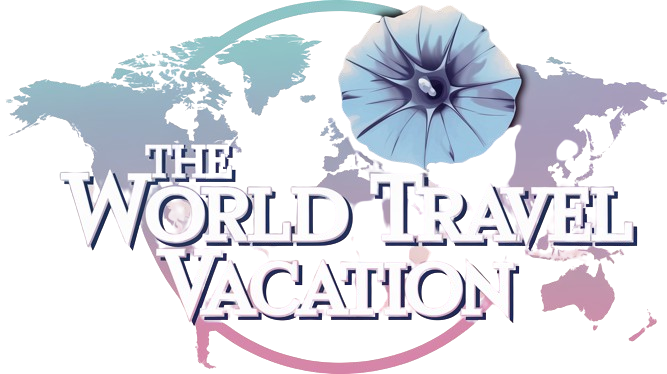Friday, August 30, 2024
Cultural and historic landmarks worldwide are in danger as a result of rise of ‘selfie-tourism,’ a development that UNESCO warns might result in extreme penalties if not addressed.
UNESCO defines selfie-tourism because the apply the place vacationers go to locations primarily to take and share images of themselves, typically with iconic landmarks within the background. In contrast to conventional tourism, the place the main focus was on capturing reminiscences, selfie-tourism is pushed by the need to create visually interesting content material for social media, resulting in overcrowding at well-liked websites and placing immense stress on native communities and infrastructure.
“This phenomenon has escalated with the rise of social media platforms, where visually appealing content drives user engagement,” defined a UNESCO spokesperson. The main target has shifted from experiencing a spot to creating shareable moments, typically at the price of the vacation spot’s cultural and historic significance.
The impacts of selfie-tourism are widespread. In some areas, beforehand lesser-known websites have change into overwhelmed by guests after gaining reputation on social media. This inflow can pressure native assets, degrade the customer expertise, and even result in disrespectful or dangerous behaviors, akin to trespassing, vandalism, or harmful makes an attempt to seize the proper photograph.
In response to those challenges, UNESCO is advocating for sustainable tourism practices. The group encourages the implementation of customer administration methods, akin to limiting the variety of guests, introducing timed entry tickets, or proscribing entry to sure areas. Venice, Italy, is one instance the place such measures are being put into place, together with banning giant cruise ships from the lagoon and requiring single-day guests to buy tickets.
UNESCO additionally emphasizes the function of influencers and social media platforms in selling accountable tourism. By educating influencers in regards to the impression of their actions and inspiring them to unfold messages that spotlight the significance of sustainable journey, UNESCO believes there is usually a shift in direction of extra aware tourism practices.
The group urges vacationers to strategy cultural and historic websites with respect and to concentrate on experiencing the distinctive heritage and tradition of every vacation spot moderately than merely capturing photos for social media. By fostering a deeper connection between guests and the locations they go to, UNESCO goals to make sure that tourism stays each enriching and sustainable.










